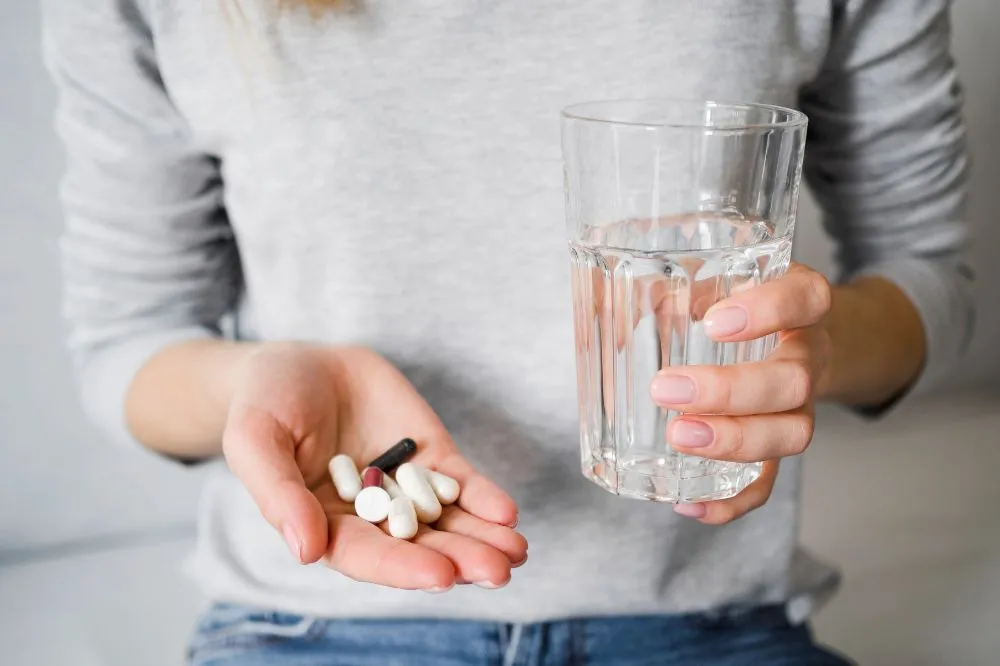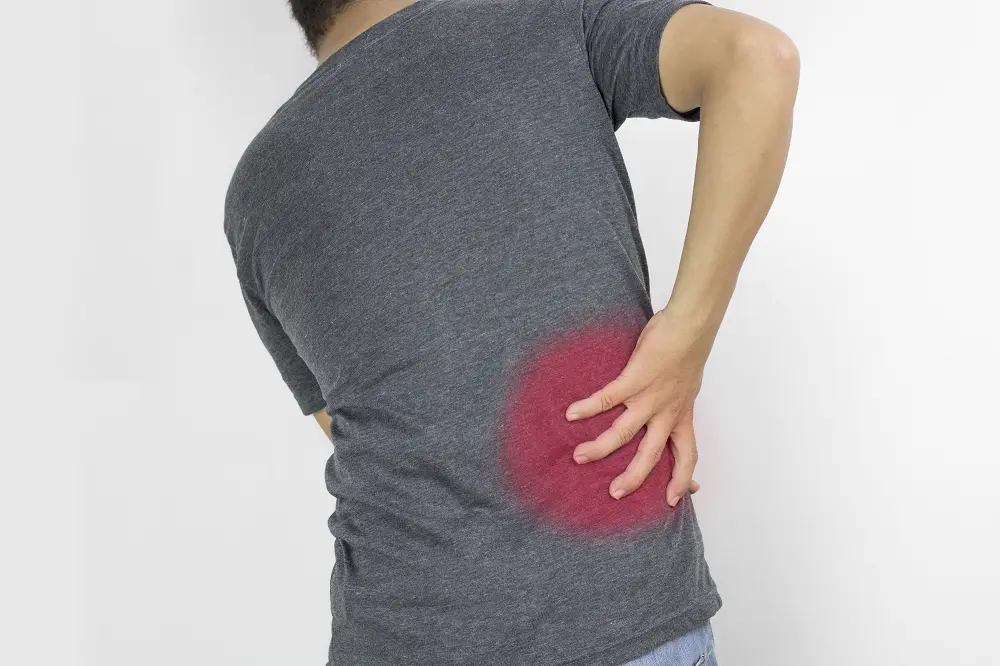Summary: Alcohol overuse or alcohol use disorder is associated with higher mortality, especially in young adults. People understand that alcohol increases the risk of health issues like liver disease, pancreatitis, and motor vehicle accidents. However, people do not realize that AUD may also considerably increase cancer risk. Fortunately, new studies also show that quitting alcohol may help reduce this elevated cancer risk.
It is no secret that most adults in the US consume alcohol. However, some may become addicted to alcohol. Few people, about 5% of alcohol users, start consuming alcohol in excessive amounts. Some so-called heavy drinkers frequently engage in binge drinking. These are people living with alcohol addiction or alcohol use disorder (AUD).
Some risks related to AUD are well known to people, like the increased risk of motor vehicle accidents and other kinds of accidents. Unusual aggression and associated trauma. AUD may also cause liver and kidney damage and is associated with a greater risk of pancreatitis. Alcohol addiction is among the leading causes of death in young adults.
However, what many people do not realize is that alcohol also considerably increases the risk of different types of cancers. For some cancer types, alcohol may increase the risk by as much as 30% or even more.
Thus, studies in the US show that high alcohol consumption may increase the risk of cancer anyway between 3-8%. So, on average, high alcohol consumption contributes to about 5% of cases of cancer. Though 5% may not sound significant, but it is worth understanding that cancer is among the top five causes of premature death in the US. Thus, it means that alcohol accounts for 75,000 cancer cases each year and causes more than 18,000 deaths.
Here it is worth understanding that when statistics say that alcohol use disorder kills 140,000 people each year, these statistics do not include deaths caused by cancer that occurs due to AUD. So it means that AUD is causing far more deaths than statistics show.
Studies also suggest that AUD contributes disproportionately to various cancer risks. Thus, it is among the leading causes of oral cavity cancers in the US. However, it also contributes considerably to breast, colon, rectal, and liver cancers.
However, there is good news, too. One of the most extensive studies to date shows that this risk can be significantly reduced. Moreover, this new study shows that this increased risk of cancer is primarily seen in heavy drinkers, people who drink alcohol regularly.
In a new study published in the journal JAMA, researchers analyzed the data of more than four million adults with a follow-up period of more than six years.
The study found that mild alcohol consumption did not increase cancer risk much. Cancer risk increased significantly only in heavy drinkers or those living with AUD.
There were many other encouraging findings in the study. It appears that cancer risk can be reduced by quitting drinking. The study found that once someone stops abusing alcohol, cancer risk still remains high for some time. However, after some time of abstinence, like a year or more, cancer risk is significantly reduced. Thus, those who quit drinking alcohol or drink in small amounts have a reduced cancer risk, and the risk is almost similar to non-drinkers.
Here it is worth understanding that a follow-up period of about six years is not long for understanding the cancer risk associated with AUD. Thus, this risk may be much higher in reality as most people living with AUD continue to abuse alcohol for years or even decades. Another limitation of this study is that it was in Asians.
Despite some limitations, this study highlights one very important and often neglected factor: AUD is also associated with increased cancer risk. Moreover, reducing alcohol intake appears to reduce cancer risk, too.






